It’s tempting to view Joe Hockey as having opened a Pandora’s box of angry, frenetic, fiscal nasties; all of a sudden a hysterical nation is swatting at, in no particular order, raising the GST, increasing state taxes, changing the superannuation access age, the cost of visiting the doctor, when is a levy or an excise not a tax, increasing HECS repayments, upping prescription costs and so on. It all sounds terribly scary; a fact Labor have exploited shamelessly, with Bill Shorten’s budget reply speech long on rectitude, short on remedies.
The truth is we have to stop borrowing so much money and we have to become more productive. As the IMF has made clear, real public spending is set to grow 16 per cent from 2012 to 2018, faster than 17 other rich countries, including even France and Sweden. The upshot is that Australia, without the kind of action Mr Hockey is urging, faces never-ending public deficits. Add to this Standard & Poor’s warnings that Australia’s AAA credit rating could be reviewed, sans spending cuts, and it is clear that the burden on the shoulders of Joe Hockey and Tony Abbott is immense.
Ultimately, given the apparent intransigence awaiting them in the Senate, it is up to the Prime Minister and the Treasurer not only to convince individual Australians and interest groups to accept change, but the states as well. Persuading them will require the two of them to sharpen their communication skills over the next few months. Although Mr Hockey performed well in front of the typically hostile Q&A audience, it was clear how ill-informed much of the audience were — and still are — on the seriousness of the debt issue and Labor’s brazen dishonesty in refusing to acknowledge the need to address it. Educating the electorate about the painful measures is only one half of the equation. It is also critical to address our productivity. Mr Abbott looks like finally doing so, informing a radio audience that: ‘The whole point of getting the budget under control now is that we can offer tax cuts in the future.’
Perhaps it was always too much to expect the Coalition to be able to clean up Labor’s woeful mess without being skinned alive in the process. Ultimately, though, the sole purpose behind a balanced budget is not to punish but to reward hard-working, productive, innovative and aspirational members of society. A prosperous community will always be better placed to help those in genuine need than an indebted and unproductive one.
In praise of David Armstrong
Consumed by today’s debates, we all too often forget those who persevered in the past to fight the good fight for our genuinely liberal way of life. One man who was right about the Cold War and the great debates of the 20th and early 21st centuries, David Armstrong, recently died and deserves more notice than he has received. The University of Sydney professor was the country’s leading philosopher, but he was also one of those rare intellectuals who was prepared to weather the storm of left-wing McCarthyism in the battle of ideas. James Franklin, author of the widely acclaimed Corrupting the Youth: A History of Philosophy in Australia, tells the story:
In 1972-73, Armstrong faced the worst that the revolutionary tide in universities could serve up — demands for ‘philosophy’ courses on Marxism-Leninism that treated Mao, Che and Ho as serious thinkers, a strike with tents in the quadrangle that forced the establishment of a feminist course, marks and appointments determined by ‘democratic’ vote (including students). Moderates ran for cover, but Armstrong fought on, almost alone. He secured the splitting of the Philosophy Department in two. That secured for his own ‘Department of Traditional and Modern Philosophy’ the space to get on with actual philosophy, while the other department descended into internecine strife.
The turning of the years can be cruel, and it is sad to lose sound thinkers such as Paddy McGuinness, Frank Devine, Roger Sandall, Helen Hughes and Christopher Pearson as well as (in New Zealand) Roger Kerr and Denis Dutton who did so much to save the Antipodes from the political correctness of the Whitlam, Keating and Helen Clark eras. Yet one reason we note their deaths and praise their legacies is the great success they had in life. Somewhere, we can hear David Armstrong, a long-time reader of these pages, urging us that our obligation is to stop grieving and return cheerfully to the trenches.
Got something to add? Join the discussion and comment below.
Get 10 issues for just $10
Subscribe to The Spectator Australia today for the next 10 magazine issues, plus full online access, for just $10.
You might disagree with half of it, but you’ll enjoy reading all of it. Try your first month for free, then just $2 a week for the remainder of your first year.


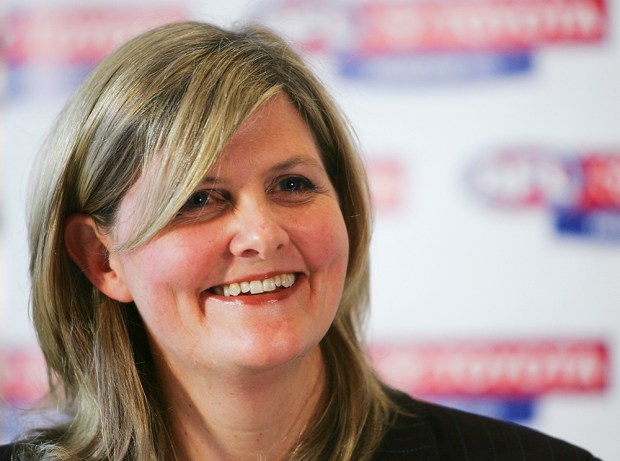
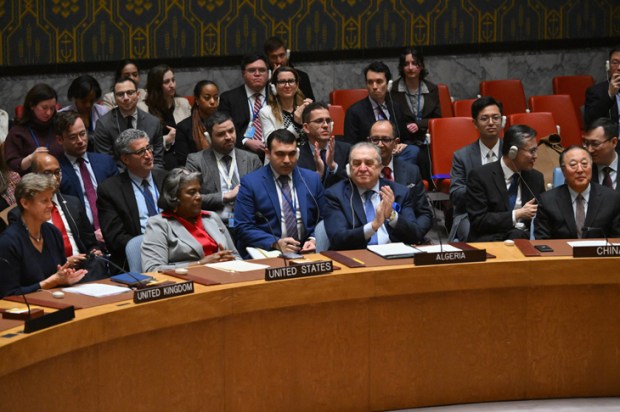
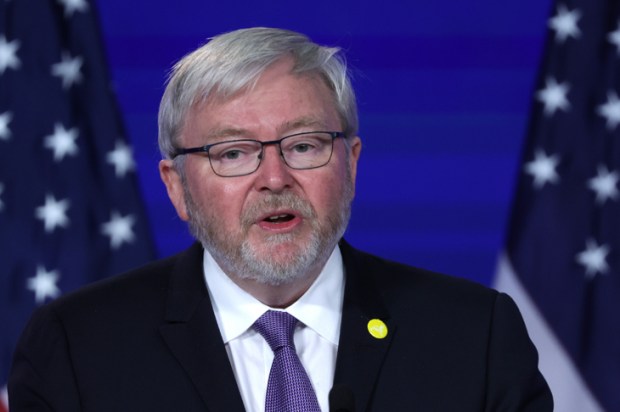
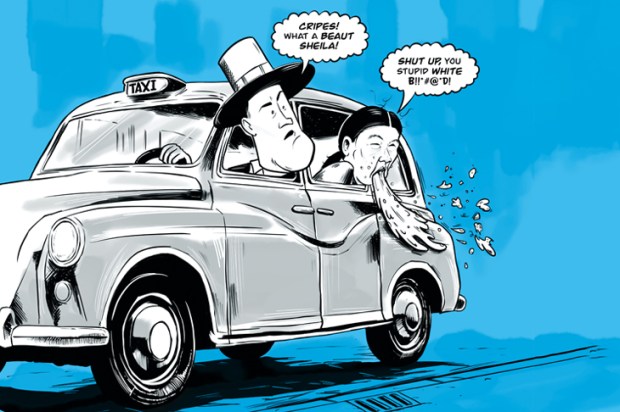
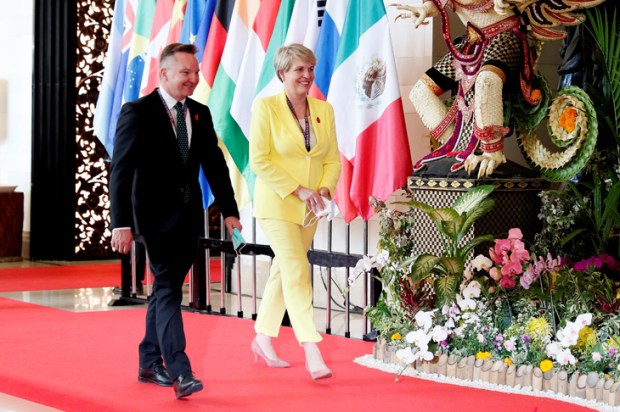
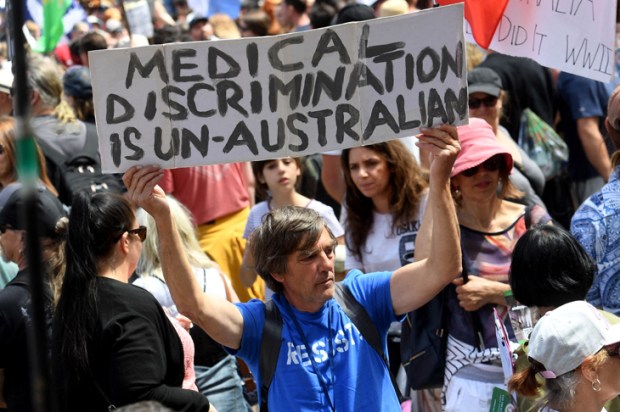






Comments
Don't miss out
Join the conversation with other Spectator Australia readers. Subscribe to leave a comment.
SUBSCRIBEAlready a subscriber? Log in